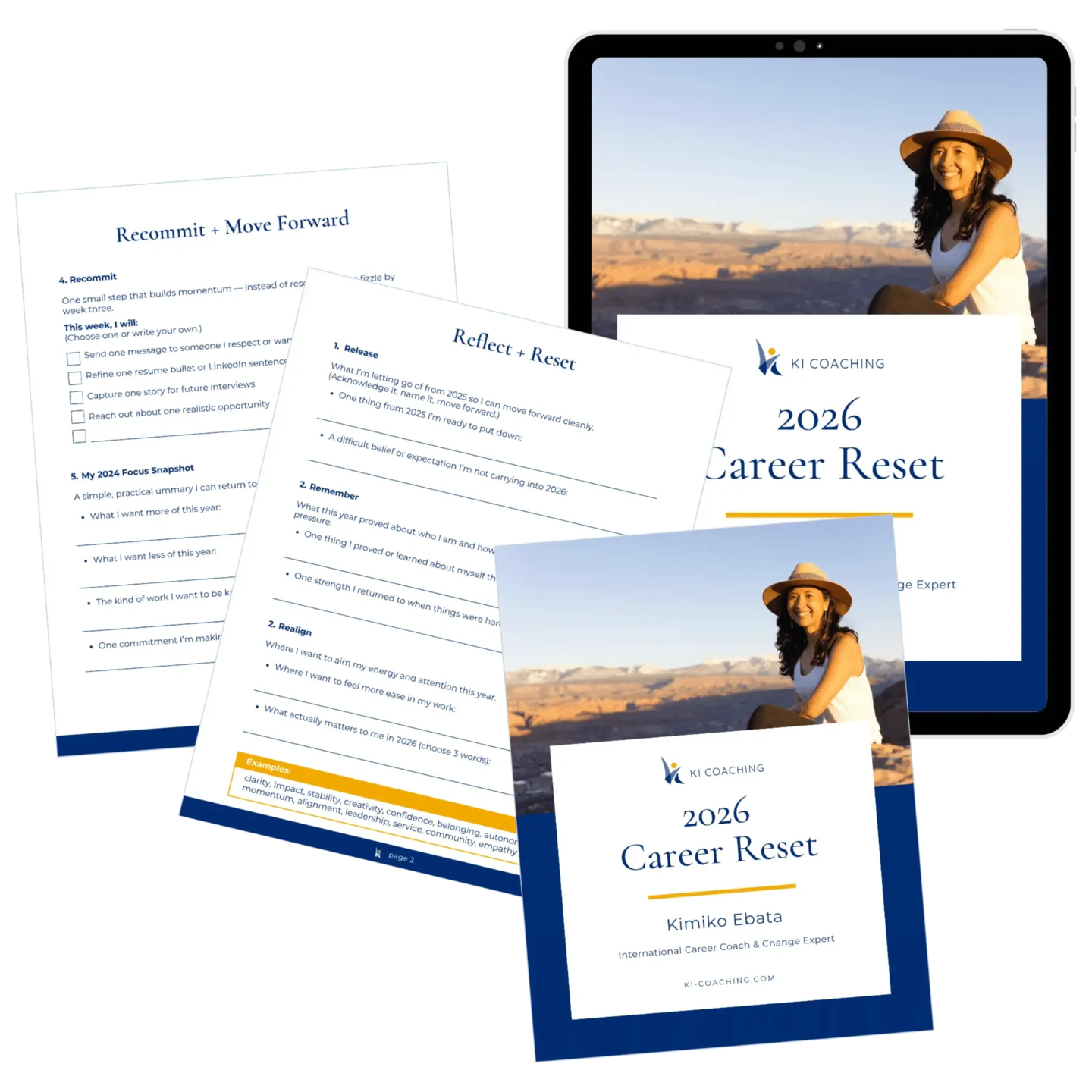3 Ways to Reframe Your LinkedIn Anxiety to Conquer Your Career
Mar 01, 2022
Your friend got a promotion, a former colleague just landed an impressive new career, and you just feel like you’re drowning in a bottomless pit of online applications that are getting you on the road to nowhere. Instead of support, all you keep getting from those around you are lectures on how you need to “network” and “get on LinkedIn more,” along with other modes of hustling that just seem slimy to you.
My relationship with LinkedIn began after graduate school, when I was forced to embrace the platform because I had no job and had no other options. I had spent the four months since graduation using what I call the “traditional job search approach,” which involved nearly 100 online applications, many that were entry-level, only to get three interviews. As a poor, single person living in New York City, something needed to change. It was at this point that I decided to embrace LinkedIn to let the Internet make a difference for me, so that it no longer just served as the black hole for my countless submissions.
As socialized beings and professionals in today’s workforce, it is easy to get in our own way. Being successful on LinkedIn requires us to manage our own inner critics, while viewing the stories that we tell ourselves through a different lens.
Here are three lessons that I learned that will hopefully help you to reframe your LinkedIn anxiety to conquer your career:
1. You are simply sharing your story.
If you’re someone who cringes at the thought of self-promotion, LinkedIn can feel like your worst nightmare. You don’t want to stand out in any way, you just want to do your work and have a good job period.
Instead of thinking of LinkedIn as a place where you’ll need to sell yourself to others, see it as a medium that will allow you to share your truths with strategic contacts, those you share professional overlap and interests with, and those who might be able to help. Stating a professional truth like that time that you developed better code to create an integrated schedule dashboard that improved schedule reports for 50 employees is not self-aggrandizing in any way, you are simply sharing a professional truth.
2. It feels like a race, but you can never “win.” No one will.
While seeing the progression of others on LinkedIn might trigger unwelcome feelings of envy or imposter syndrome, remind yourself that comparison is the thief of joy. Remember: the realities that are depicted on social media platforms are not necessarily a complete and accurate depiction of people’s lives. I personally know and have worked with plenty of people who have prestigious titles and are working for big fancy companies, but also are completely miserable because they’re fed up with politics and hate what they do. They just pretend to be happy. It is all a facade.
Fear doesn’t always stem from our own failures, but from the judgment that we feel from others. Stop trying to run a race against others that doesn’t exist. Instead, embrace this challenge so that you can use it as an opportunity to grow personally and professionally. The last place that you want to find yourself is one where you’re “winning” by living out the dreams and ambitions of someone else.
3. “Network” is more of a noun than a verb.
As a jobseeker or someone looking to switch careers, the point isn’t to “do” network-ing; the goal is to participate in the network. Your aim should be to enter into a particular community that’s having a certain type of conversation. Just as we have a personal network (of friends and family), we also have a professional network (of colleagues).
The most common way for people to be introduced in a professional network is through referrals from personal networks. This isn’t favoritism, it’s just communal behavior. A network exists to sustain the community of people within it, and by being in the conversation, you will have access to the latest buzzwords and trends in your field, which will make you a more appealing candidate and a more interesting person in the long run.
Throughout this process, above all, I hope that you learn to embrace your vulnerability. For every person who does judge you harshly for getting fired or job-hopping or for where you’re at in your career, there are more people who understand, who have faced something similar and want to support you. The hope is that you’ll pay it forward, and who knows, maybe you’ll be in a position to be there for them someday.
Subscribe for free professional tips and career advice
We hate SPAM. We will never sell your information, for any reason.


